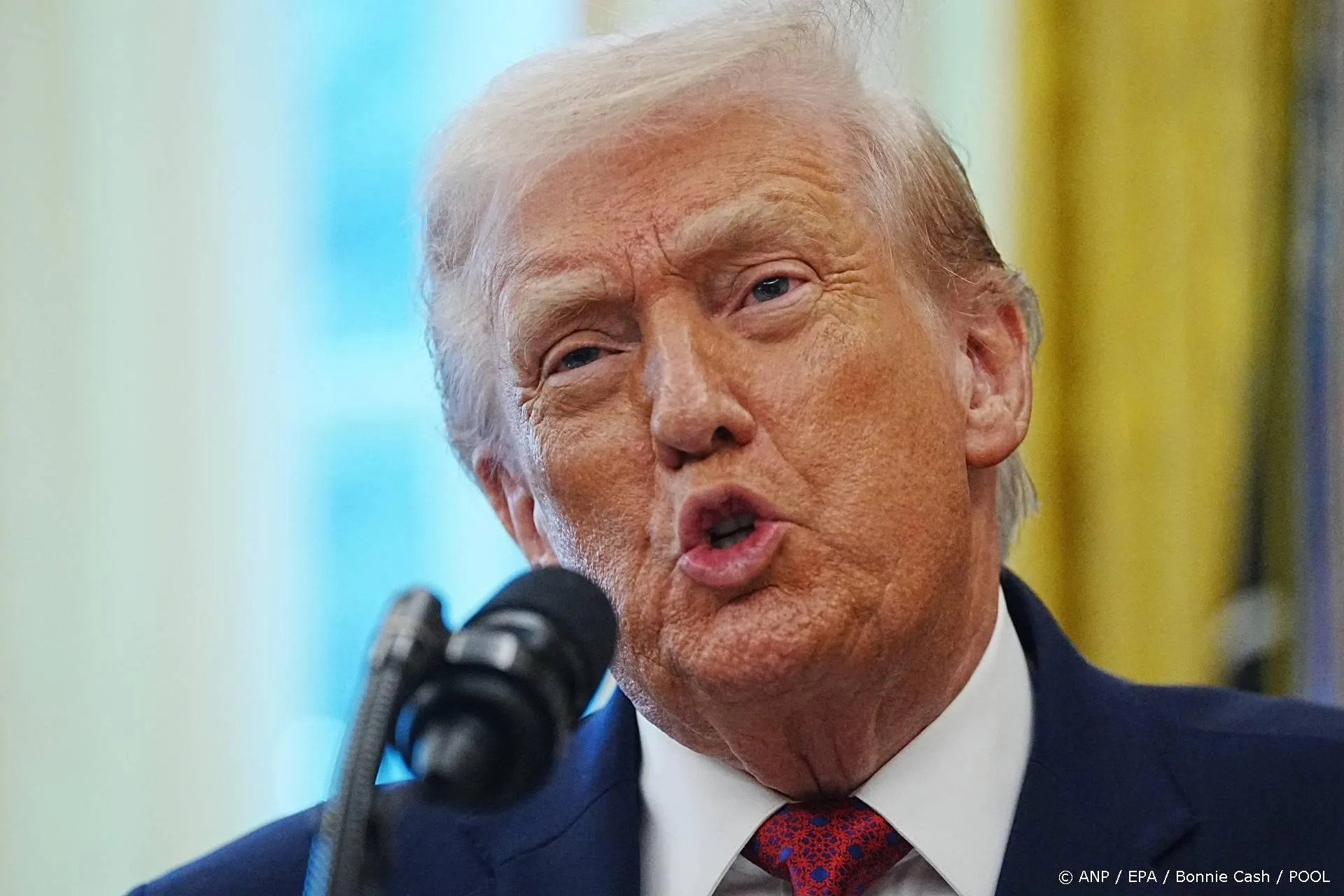Commissie Energie en Klimaat van Britse Parlement onderschrijft conclusies VNklimaatpanel
Maar twee leden van de commissie, Peter Lilley en Graham Stringer, zijn het daar niet mee eens.
Na verschillende hoorzittingen, waar protagonisten en antagonisten van de menselijke broeikashypothese (AGW = 'Anthropogenic Global Warming') hun standpunten hebben toegelicht, heeft de Commissie Energie en Klimaat van het Britse 'lower house' (te vergelijken met onze vaste kamercommissie I & M) haar steun betuigd aan de conclusies van het laatste rapport van het VNklimaatpanel (IPCC). Maar twee leden van die commissie, beiden met een wetenschappelijke achtergrond, Peter Lilley en Graham Stringer, waren het daar niet mee eens.
Onder de titel, 'MPs bicker over IPCC report on causes of climate change', rapporteerde de wetenschapsjournalist van de BBC, Matt McGrath:
MPs have endorsed the findings of a UN climate panel that says humans are the dominant cause of global warming.
Members of the Energy and Climate Change Committee said there was "no reason to doubt the credibility of the science" of the Intergovernmental Panel on Climate Change.
But two MPs, known for their sceptical views, voted against this conclusion.
They said the committee report was more like cheer leading than objective analysis. ...
"What is starkly clear from the evidence we heard however is that there is no reason to doubt the credibility of the science or the integrity of the scientists involved," said Tim Yeo, MP chair of Energy and Climate Change Committee.
"Policymakers in the UK and around the world must now act on the IPCC's warning and work to agree a binding global climate deal in 2015 to ensure temperature rises do not exceed a point that could dangerously destabilise the climate."
Er is in de loop der tijd veel kritiek geweest op het voorzitterschap van Tim Yeo van de commissie vanwege diens financiële belangen in de duurzaamheidssector. In ons land worden officiële ambtsdragers niet zelden van hun functie ontheven als er zelfs maar een schijn van belangenverstrengeling bestaat. By Yeo is de belangenverstrengeling een feit, maar dat heeft niet tot zijn aftreden geleid. De kat zit nog steeds op het spek gebonden.
But two members of the committee, Peter Lilley (Conservative) and Graham Stringer (Labour), disagreed with the other nine.
They accused their fellow MPs of not holding the IPCC critically to account.
"As scientists by training, we do not dispute the science of the greenhouse effect - nor did any of our witnesses," they said in a statement.
"However, there remain great uncertainties about how much warming a given increase in greenhouse gases will cause, how much damage any temperature increase will cause and the best balance between adaptation to versus prevention of global warming."
The two MPs say that the underlying technical report of the IPCC acknowledges many uncertainties, but these have been omitted from the critical Summary for Policymakers, presented to politicians.
Among a number of issues they highlight the so-called "pause" in global warming since 1997.
"About one third of all the CO2 omitted by mankind since the industrial revolution has been put into the atmosphere since 1997; yet there has been no statistically significant increase in the mean global temperature since then.
"By definition, a period with record emissions but no warming cannot provide evidence that emissions are the dominant cause of warming!"
The Energy and Climate Change Committee, in their report, took a different view. They said that periods of hiatus are consistent with earlier assessments and forced climate change takes place against a background of natural variability.
Lees verder hier.
De auteur van dit artikel, Matt McGrath van de BBC, heeft enige tijd geleden een bezoek gebracht aan Nederland en heeft daar onder meer in afzonderlijke interviews met Marcel Crok en ondergetekende gesproken. Wij hebben toen onze bezorgdheid uitgesproken over de eenzijdige pro AGWberichtgeving van de BBC over de klimaatmaterie. In dit licht is het opvallend dat McGrath, die een positieve indruk op ons maakte, uitvoerig aandacht schenkt aan het minderheidsstandpunt van Lilley en Stringer. Het was wel eens anders.
In een afzonderlijk perscommuniqué hebben Lilley en Stringer hun standpunt nader toegelicht. Ik pik er een aantal citaten uit:
Peter Lilley and Graham Stringer voted against the Energy and Climate Change Select Committees report on the Inter-governmental Panel on Climate Change Fifth Report because we believe the role of the Select Committee is to hold public institutions critically to account not to act as their cheer leaders.
They added: As scientists by training, we do not dispute the science of the greenhouse effect nor did any of our witnesses. However, there remain great uncertainties about how much warming a given increase in greenhouse gases will cause, how much damage any temperature increase will cause and the best balance between adaptation to versus prevention of global warming.
The bulk of the main IPCC technical report recognises these uncertainties and is simply a useful compilation of the research in the field.
However, the Summary for Policy Makers is far less balanced than the report it purports to summarise.
Its headline conclusion was that evidence for human influence has grown since AR4. It is extremely likely that human influence has been the dominant cause of the observed warming since the mid-20th century. It is hard to justify that increase in confidence that CO2 emissions are dominant given that: about one third of all the CO2 omitted by mankind since the industrial revolution has been put into the atmosphere since 1997; yet there has been no statistically significant increase in the mean global temperature since then. By definition, a period with record emissions but no warming cannot provide evidence that emissions are the dominant cause of warming!
The pause in surface warming does not invalidate the greenhouse effect. But it does mean that other factors natural variations can be of the same magnitude as the greenhouse effect over at least a decade and a half. Since such variations are presumed to cancel out over the long term variations in the opposite direction may have contributed a significant portion of the surface warming over the previous two and a half decades.
The IPCCs conclusion flies in the face of the Inter Academy Council Review on the previous IPCC report which criticised its authors [who] reported high confidence in some statements for which there is little evidence and recommended that Quantitative probabilities (as in the likelihood scale) should be used to describe the probability of well-defined outcomes only when there is sufficient evidence. Authors should indicate the basis for assigning a probability to an outcome or event (e.g., based on measurement, expert judgment, and/or model runs). No such basis for assigning this enhanced probability was given even though it is the headline conclusion of this report.
Moreover, the Summary for Policy Makers systematically omits mentioning or plays down key information in the main report which might suggest that the problem of global warming may be less acute or less certain than previously suggested. ...
Lees verder hier.
Voor mijn eerdere DDSbijdragen zie hier.
Ga verder met lezen
Dit vind je misschien ook leuk
Laat mensen jouw mening weten
Lees ook
Loading


